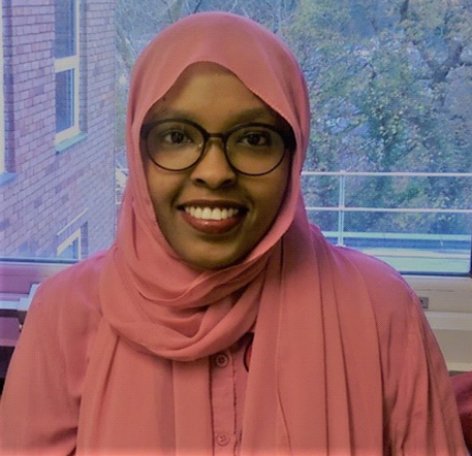“I’ve been given a second chance”: Primary School Student in South Sudan Re-Enrols After Giving Birth
Adut (not her real name) was just 15 when she fell pregnant. Keeping her in school - rather than seeing her get married off - was a community effort.
Scholarship Story: “Studying abroad gave me the skills and confidence to address challenges back home”
Ugandan scholar Patrick Ben Emoi Otema is on a mission to make agriculture more sustainable. He discusses the impact WTI has had on him.
Scholarship Story: “Aid has become completely unreliable. Camps need food security”
South Sudanese refugee Francis Monaja is pursuing his MSc in Advanced Robotics at Queen Mary University. His goal to use AI to help establish food security.
Scholarship Story: “Education changes lives - especially for girls”
Ugandan teacher Gloria Agel Adongo shares why she’s come to the UK to study Education, Gender and International Development on a WTI postgraduate scholarship.
Scholarship Story: “We need to learn how to accommodate one another”
WTI scholarship recipient Henry Lematia, a radio journalist from Uganda, discusses why he’s studying Gender Studies and what he plans to do when he returns home.
Josephine and Suzanne’s Story
Josephine and Suzanne are young mothers who attend evening school in South Sudan. This is their story.
Amina’s Story
Amina is from Kenya and received a scholarship to study on the Postgraduate Programme. This is her story.













